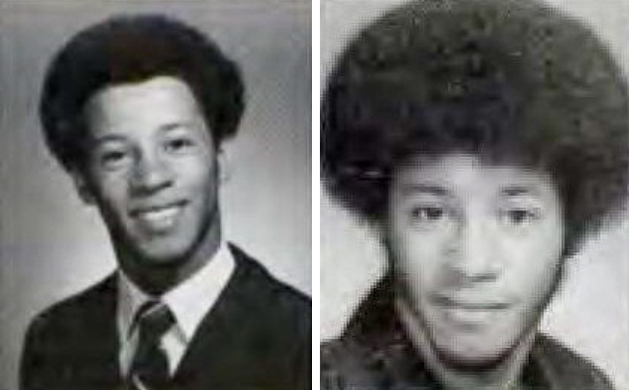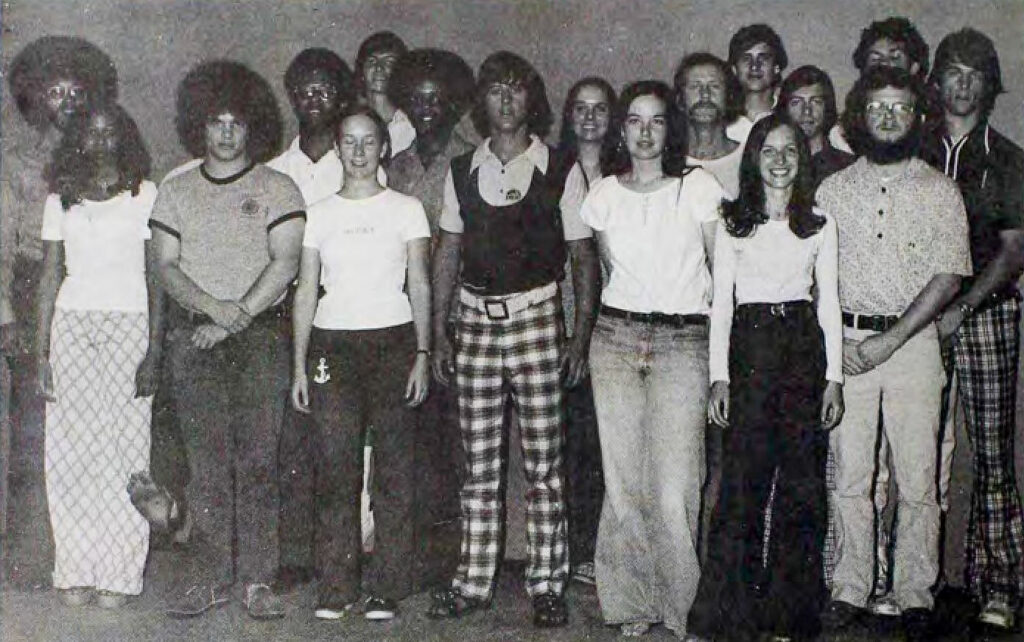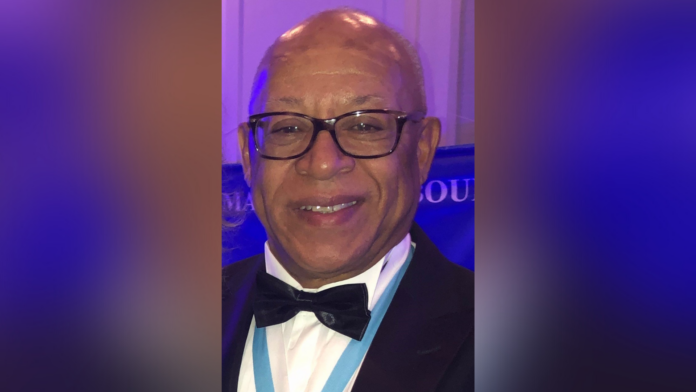As a teenager, Dr. Kenneth Bryant didn’t think he had the grades or finances to go to college, but his 11th grade English teacher saw untapped potential in him. She suggested he apply to Mercer University.
He did, and in 1974 he graduated from the University. He then went on to medical school and a successful career as a urologist and health education advocate in St. Petersburg, Florida.
Dr. Bryant, who grew up in Palatka, Florida, said he figured he would go work at the local paper mill after he finished high school, until teacher Anne Jo Hendricks encouraged him to reach higher.
“She said my grades and test scores didn’t reflect what she saw in me,” he said.
It was Hendricks’s first year teaching after graduating from Mercer, and she got in touch with Mercer professor Dr. Joseph “Papa Joe” Hendricks, no relation. The two worked together to get Dr. Bryant accepted at Mercer, and he was able to secure a financial aid package.

Integration had begun by the time Dr. Bryant reached high school, and he was one of the first Black students in his hometown to voluntarily transfer to the white high school in 1968. At Mercer, he was also in the thick of changes.
“Mercer was bigger than my small town but still a small town. It was a very segregated town,” Dr. Bryant said. “When I first got there, there was a lot of racial tension in town. We were not encouraged to go out of campus. I like Macon now, (but) it was kind of hostile then. Integration/desegregation was very new for both Mercer and me, so that was a unique experience.”
He began his studies on a pre-med track, initially majoring in biology and then switching to chemistry. Since he didn’t have any college prep in high school, his classes were tough, and he had to study a lot, he said. But a developmental reading course and the Experiential Freshman Program helped him catch up.
“That developmental program at Mercer just opened up the world to me. It was unbelievable. I was able to slowly develop my study habits, and the reading program really helped,” Dr. Bryant said.
He also developed a friendship with Dr. Joe Hendricks.
“My whole four years, he took me under his arms and ushered me up through my matriculation through Mercer. He was a great individual,” Dr. Bryant said.

Dr. Bryant was active on campus, serving as president of the Black Students Alliance his sophomore and junior years. His involvement in that organization instilled in him a passion for serving the community. He became the first Black president of the Student Government Association his senior year, and he was also involved in the chemistry student organization.
After graduating from Mercer, Dr. Bryant went to medical school at the University of Florida, followed by a general surgery internship at Tulane University’s Charity Hospital, a urology residency at Brooke Army Medical Center, and serving as chief of urology at Fort Moore’s (formerly Fort Benning) Martin Army Community Hospital. After serving in the Army, he set up a private practice in 1986 in St. Petersburg, Florida, where he worked until his retirement three years ago.
“Urology is a surgical specialty, so I enjoyed the surgery quite a bit. But at the same time, I enjoyed treating cancer patients,” he said. “My interest was in cancer, specifically prostate cancer, because it’s so prevalent, and African Americans are disproportionately affected by prostate cancer. I did a lot of community outreach advocating for early detection for prostate cancer.”
Dr. Bryant advocated for health education throughout his career. He was heavily involved in the American Cancer Society’s Florida division and served on the executive committee that initiated the Florida law that banned smoking in public places. Florida was one of the first states to do so, and Dr. Bryant counts that project as one of his proudest accomplishments.
He also founded the Minority Health Coalition of Pinellas, an organization devoted to providing health resources and education, and served as its chair for more than 20 years.
Since his retirement, Dr. Bryant has enjoyed traveling and reading. He and his wife of nearly 48 years, Nancy, have been spending a lot of time with their children and grandchildren, three of whom were born in the last three years.










